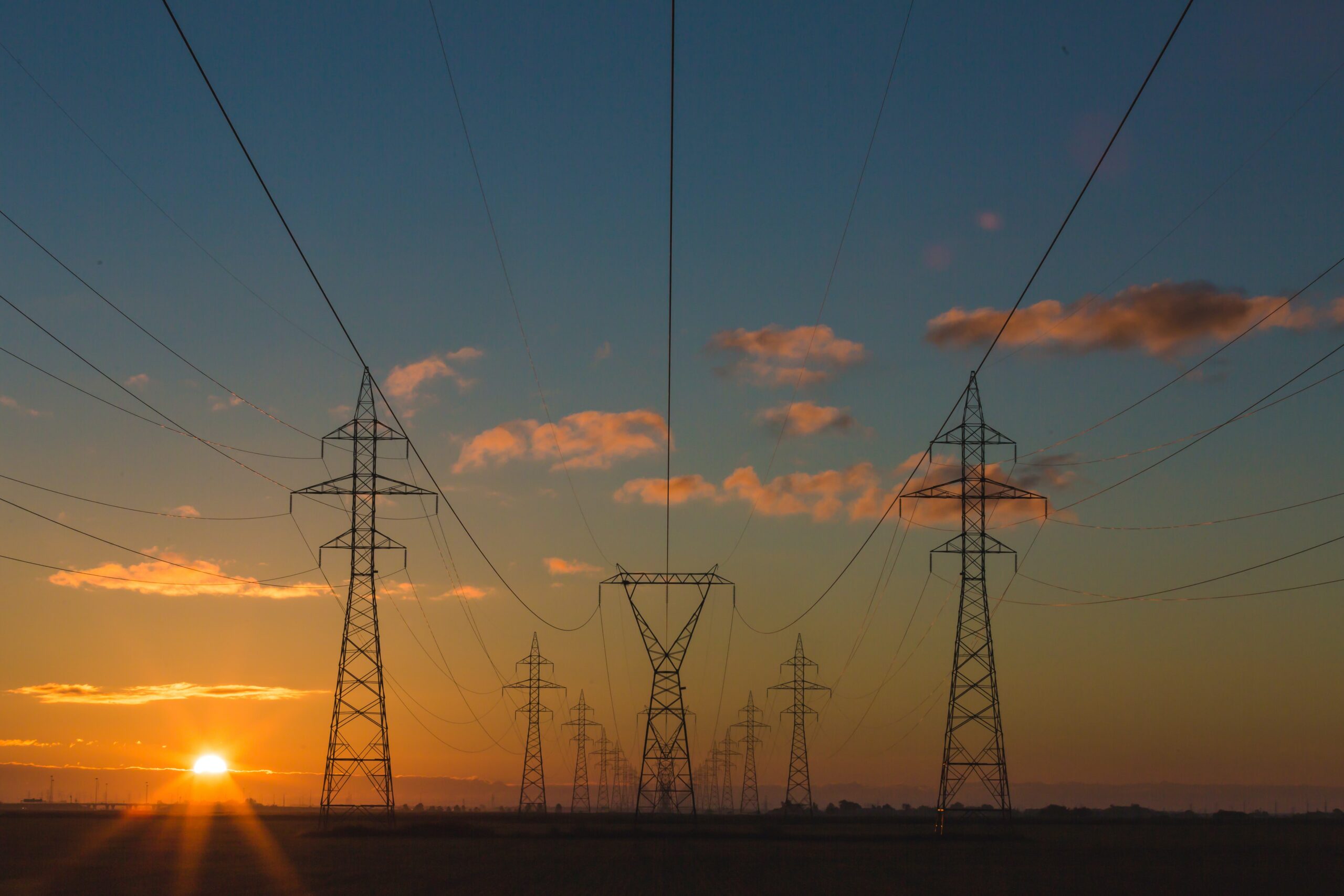Andrea Salimbeni, Energetic Engineer and Lead of EUMANS Ecological Initiatives, shares his view on the role of a global carbon pricing for a sustainable peace.
Energetic Plan for the EU and Sustainability will be one of the topics discussed during “EUMANS IN WARSAW – The Open Congress of Citizens for Sustainable Peace, Freedom, and Democracy on the 11th and 12th of March in Warsaw and Online (register yourself here) and of the demonstration in Warsaw on the 13th of March for Sortition Based Citizens Assemblies for EU Defense and Energetic Plan.
In January 2022, when Ukraine crisis was about to become the Ukraine conflict and USA was planning sanctions against Vladimir Putin, John Biden started working with global suppliers to avoid European gas crisis if flow from Russia was cut. Few days ago, when the Russian army entered in the Ukraine territory, EU member states launched emergency measures against energy crisis, most of them based on the exploitation of local coal and oil reserves.
Suddenly, EU governments had to face a double problem: apply sanctions and cut relationship with Russia, preserve an economic system which can’t survive without Russian gas in the long term.
As a consequence, the energy security became, again, a key issue. This happens whenever a conflict affects the supply of extractive resources to our countries. To date Russia threats our economic system to interrupt the availability of natural gas, a key energy source, at an affordable price. However, similar emergency happened during the Iranian Islamic revolution of 1979, and the subsequent the Iran-Iraq War in 1980, which pushed up world oil prices dramatically from $14.95 per barrel in 1978 to $37.42 per barrel in 1980. And again, in 2014, during Libyan civil war and the outbreak of ISIS conflict in Syria.
To date, with high oil and gas prices, the solution seems obvious to many: foster the consumption of local resources, invest in renewables to become less dependent on foreign countries and, at the same time, reduce our environmental impact. At first, it seems a win-win solution. However, this strategy of “sustainable energy protectionism” can be dangerous and not sustainable for environment at all.
How global warming can be fought if only few countries decide to turn sustainable, leaving cheap, fossil resources to those having large internal reserves? The substitution of fossil resources with renewable ones could increase the energy self-sufficiency and the sustainability of EU countries, but it won’t bring to any of the two great challenges of these times: Peace, and sustainable transition. These objectives must not be separated.
Redefine energy security
Interstate conflicts, and in general the geopolitical instability, are direct consequences of a global market based on extractive resources. Not the contrary. War has always affected energy prices putting energy security in crisis: about 25 to 50% of interstate wars between 1973 and 2012 had oil-related linkages. However, we can now be indignant if China doesn’t condemn Russia for the Ukraine invasion, but we must admit that, for decades, our countries financed Putin dictatorship by purchasing 38% of natural gas from Russia.
If we want a peaceful energy system, energy security should be re-defined including “human rights respect, instead of focusing on stability, and affordable prices only. European Commission should avoid our economy to be based on resources coming from countries where human rights are not respected, because purchasing those materials mean financing conflicts, and abuses.
Global carbon pricing as instrument of peace
“There’s a war out there, let’s put global warming aside for a while”. That’s what we always heard and what our governments are doing by promoting new emergency energy programs. This is not only dangerous for climate, but also for future peaceful relationships between countries.
On the contrary, it must be recognized that global warming is the sole, common emergency in place in all world nations. The introduction on global measures to reduce fossil fuels consumption, avoid intensive extraction of minerals can represent a great opportunity for a peace.
In particular, this opportunity is represented the widespread application of carbon pricing systems.
Putting a price on CO2 emissions is a solution to fight climate change and fossil fuels, already in place in about 40 countries, with the European ETS (emission trading system) representing the largest worldwide. But this instrument becomes effective against global warming only if it is adopted at world level. During the last COP 26, a crucial step has been done: after 6 years after COP 20, all UN member states agreed on the Article 6 of the Paris Agreement: with the article 6 of Paris Agreement, countries agree on voluntary cooperation that involve the use of internationally transferred mitigation outcomes towards nationally determined contributions, promote sustainable development and ensure environmental integrity and transparency, including in governance.
Most of UN countries are gradually introducing their carbon pricing systems. China launched its own in July 2021. After the deal of COP 26, all countries started a new cooperation pathway on energy policy, based on the widespread, and the linkage of carbon pricing systems. The final goal is the establishment of a common global carbon pricing system. It is for this reason that EUMANS recently launched an appeal to the United Nations to introduce a uniform global carbon pricing system, setting a minimum price on CO2 at 50 €/t, and to be based on the existing strategies adopted by UN member states.
The global carbon pricing system will be not only a space across the planet where all countries engage to decarbonize their economy, but also a paradigm shift for the global energy market. Hopefully, when prices of energy sources will be equalized, energy affordability and availability will be more equally distributed among countries, we won’t be dependent of low-cost energy sources extracted thanks to disregard of human rights. Hopefully, nations would have one reason less to make war.
Andrea Salimbeni,
Energetic Engineer, Researcher at Re-Cord, University of Florence and
EUMANS Scientific Lead for Ecological Initiatives.

